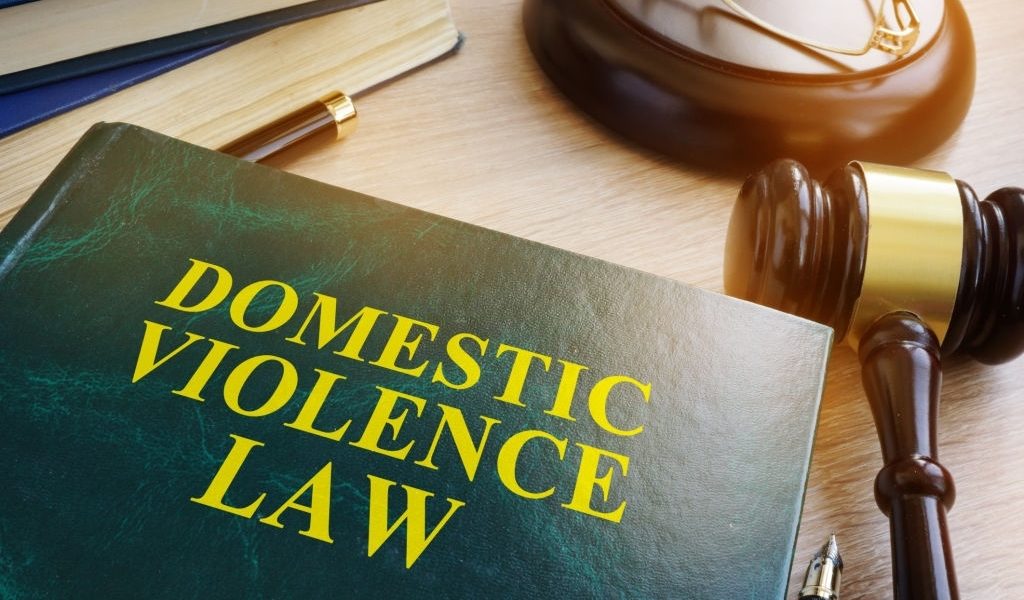Navigating the complexities of domestic violence cases requires skill, empathy, and a deep understanding of Georgia’s legal system. As experienced domestic violence attorneys in Georgia, we are committed to guiding clients through the legal process with compassion and expertise. Our primary goal is to ensure the safety and protection of those affected by domestic violence, offering crucial support and legal representation to help them on their journey to safety.
In Georgia, the legal process surrounding domestic violence cases can be intricate, requiring prompt and informed action. We emphasize the importance of understanding one’s rights and the available legal protections. From obtaining restraining orders to navigating court procedures, our team stands ready to provide comprehensive legal support tailored to each situation.
Protecting yourself and your loved ones is paramount, and the steps taken during this process can have lasting implications. We believe in empowering our clients with the knowledge and resources necessary to make informed decisions. Through our dedication and personalized approach, we strive to be a reliable ally in the fight against domestic violence in Georgia.
Understanding Domestic Violence Law in Georgia
In Georgia, domestic violence laws are complex, encompassing criminal charges, legal protections, and trial processes. Our focus is on key elements such as misdemeanor and felony charges that can arise from family violence.
Criminal Charges and Legal Definitions
Domestic violence in Georgia can lead to both misdemeanor and felony charges, depending on the severity of the offense. Misdemeanors often include simple assault or battery within a domestic setting. Meanwhile, more severe acts, such as aggravated battery or kidnapping, may constitute felonies with harsher penalties.
The legal definitions of family violence are critical in distinguishing these charges. Understanding these terms helps in navigating the legal system and grasping the implications of each charge. This knowledge is vital for both those accused and the victims seeking justice.
Legal Protections and Restraining Orders
Georgia law provides several legal protections for victims of domestic violence, including protective orders and restraining orders. A Temporary Protective Order (TPO) can be issued swiftly to shield a victim from their abuser, often without the abuser’s presence initially.
TPOs are crucial as they mandate the abuser to maintain distance from the victim and can cover various remedies, including custody and support considerations. For those seeking long-term protection, a court hearing will evaluate the evidence before converting a temporary order into a permanent one, significantly affecting the lives of all parties involved.
The Criminal Justice System and Trial Advocacy
The criminal justice system in Georgia addresses domestic violence through a structured process. Law enforcement plays an integral role in investigating and arresting perpetrators. Once charges are filed, trial advocacy becomes essential. We, as advocates, must support victims through each stage of the legal process, from preliminary hearings to trial.
Our role involves presenting evidence and representing victims’ rights in court effectively. Successfully navigating these trials requires a thorough comprehension of both the legal nuances involved and the emotional turmoil victims endure. Understanding both aspects is fundamental in ensuring justice is served efficiently and compassionately.
Finding the Right Domestic Violence Attorney
In our quest to find the right domestic violence attorney in Georgia, we must carefully evaluate their credentials, experience, and the essential components of effective legal representation. Our guidance focuses on these critical aspects to ensure that clients can make informed decisions.
Assessing Attorney Credentials and Experience
When looking for a domestic violence attorney, it’s crucial that we verify their credentials. An attorney licensed by the State Bar of Georgia is non-negotiable. We should not overlook the importance of their education, particularly attendance at accredited law schools. Membership in professional organizations such as the American Bar Association enhances credibility.
Experience is another key element. We need attorneys who have extensive experience specifically in domestic violence cases. Their familiarity with judges and the workings of both state and federal courts should not be underestimated. Additionally, a history of successful outcomes in similar cases can be a strong indicator of their ability to defend our interests effectively.
Components of Effective Legal Representation
Effective legal representation starts with clear communication and understanding our specific needs. We require attorneys who offer a free consultation to discuss our situation, helping to outline potential legal strategies. This initial meeting is a chance for us to gauge their approachability and professionalism.
It’s paramount that the attorney is proactive in navigating the legal complexities of domestic violence cases. They should possess strong negotiation skills and the ability to advocate fiercely in court. Our legal representatives must also provide continuous updates on our case progress to ensure we remain informed at every stage.
List of key components in effective representation:
- Clear Communication
- Initial Free Consultation
- Proactive Approach
- Strong Negotiation Skills
- Frequent Case Updates
Choosing the right attorney is a vital step in securing a favorable outcome in domestic violence cases.










